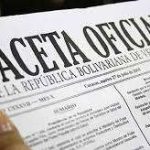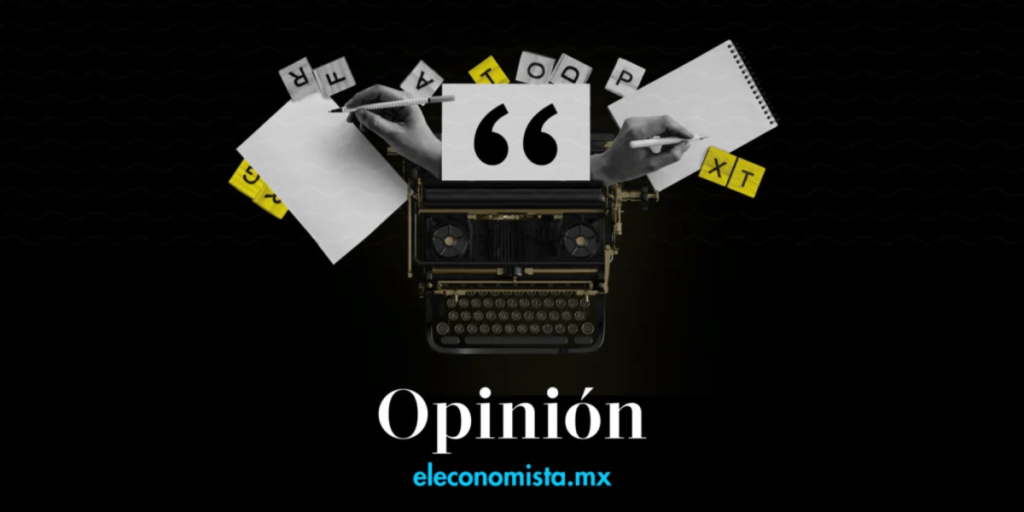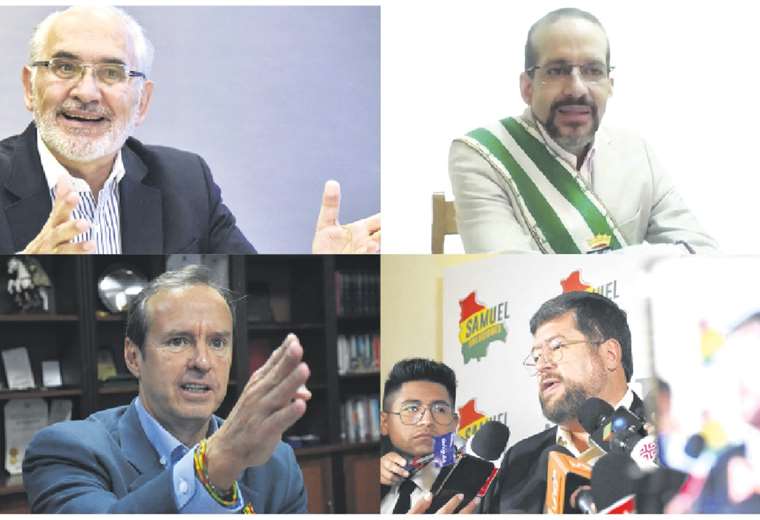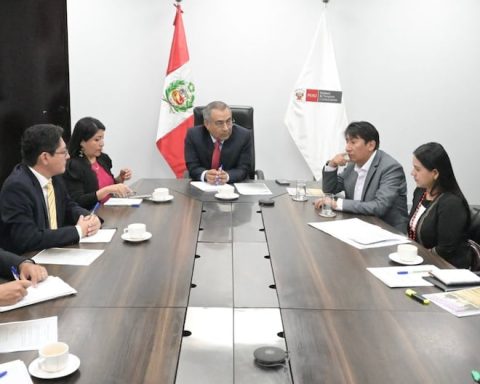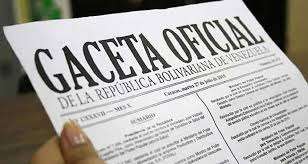Following the decision of the Electoral Council to “open an investigation and file charges against the first and second round presidential campaign” of Vice President Márquez and President Petro, for “the alleged violation of the spending limit” and for the “alleged prohibited financing” , the tremendousness abounded.
Although the president himself decided to ask the Impeachment Commission of the House of Representatives to “make public the process against him,” he announced his “defense with evidence,” and called for a “popular mobilization” in his favor, the rhetoric of the “coup” of State” was what unleashed the tremendous phrases of some members of his government and his fanatical supporters.
Verbal outrage will not come true nor will it have major consequences. Even though a government cabinet minister has already asked the president to “radicalize macro policy and put the budget in favor of social demands” and “less compliance with the markets,” the government cannot increase the budget with its will, nor modify the destination of the expenditure nor fail to comply with the obligations of the Nation. The restrictions on the budget, taxes, the Nation’s debt and the independence of the institutions in matters of fiscal, monetary, exchange and credit policy will remain. There will therefore be no major economic consequences: neither more public spending nor more distrust, since until the decision of the Electoral Council it was already in the accounts of investors, households and businessmen.
The only positive effect would be the inevitable resignation of the campaign manager from Ecopetrol, which he had already committed to before Congress if charges were brought against him. Although in the short term it could lead to unpredictable changes in the company, which will delay decisions and disorient its direction, this change cannot wait.
The decision of the Electoral Council will not affect the power or continuity of the government, nor will it prevent it from doing what it is responsible for in the execution of its policies. If the president persists in defending himself tremendously, he will further slow down execution, make a National Agreement difficult and take away impetus from the process of reforms so expensive to the administration. The institutional tension in this case will be less: the Electoral Council will not stop exercise their functions, the process will be carried out through slow channels and disputes over jurisdiction and controversies will be resolved by independent magistrates.
In short, the institutions will operate, without rupture and even with less probability of change: the proposals for far-reaching reform (such as the Electoral Council itself or the distribution of public spending to the regions) are now less viable after the tremendous spell, which , paradoxically will end up strengthening the institutional status quo. It is a conservative result of the defense strategy: a change in the rules of the game or any attempt to affect the independence of justice, if it is promoted by a government under investigation, loses legitimacy.
With this defense, the administration and the reform gave way to tremendism, to emotions about the results.
JORGE RESTREPO
Professor at the Pontifical Javeriana University
@jorgearestrepo










